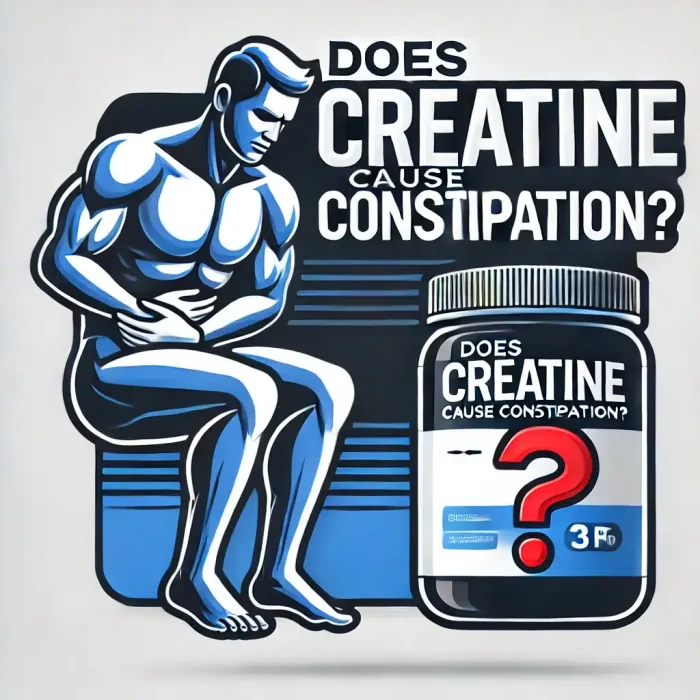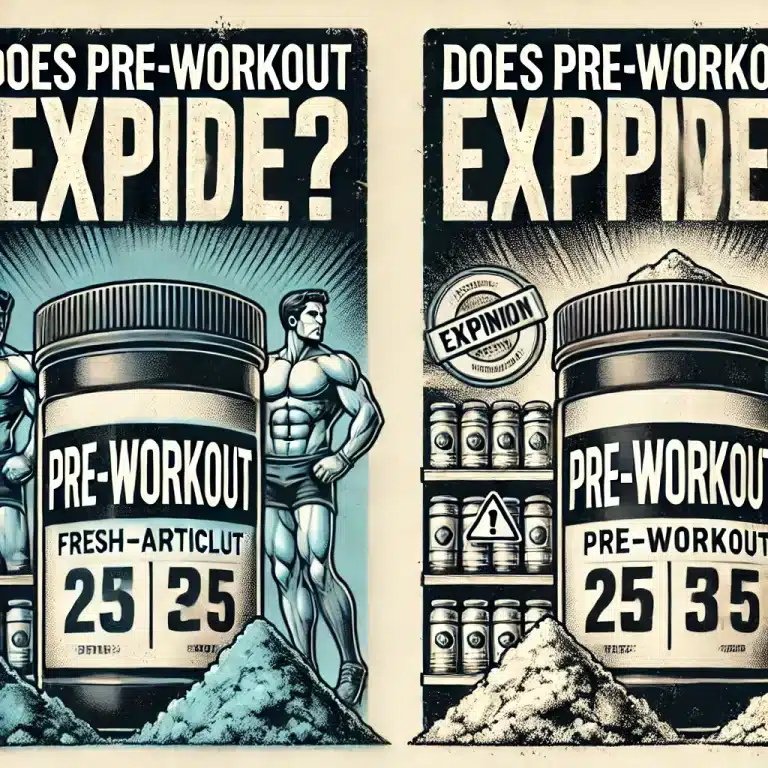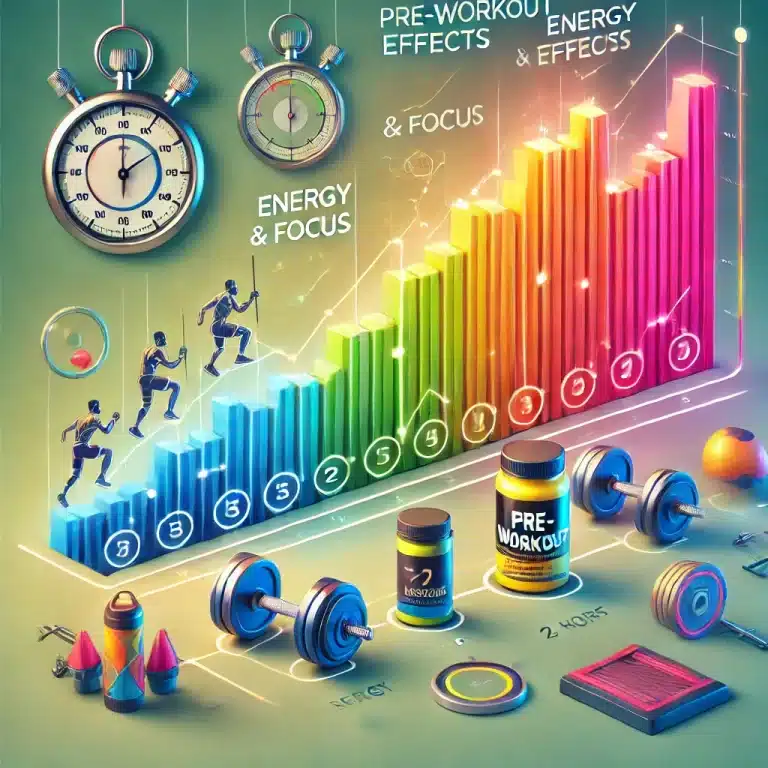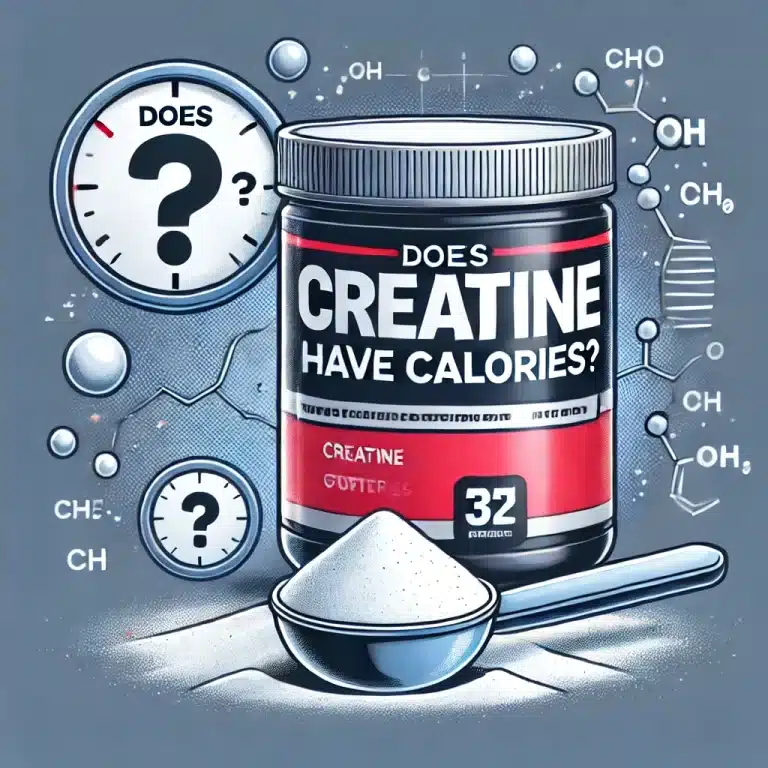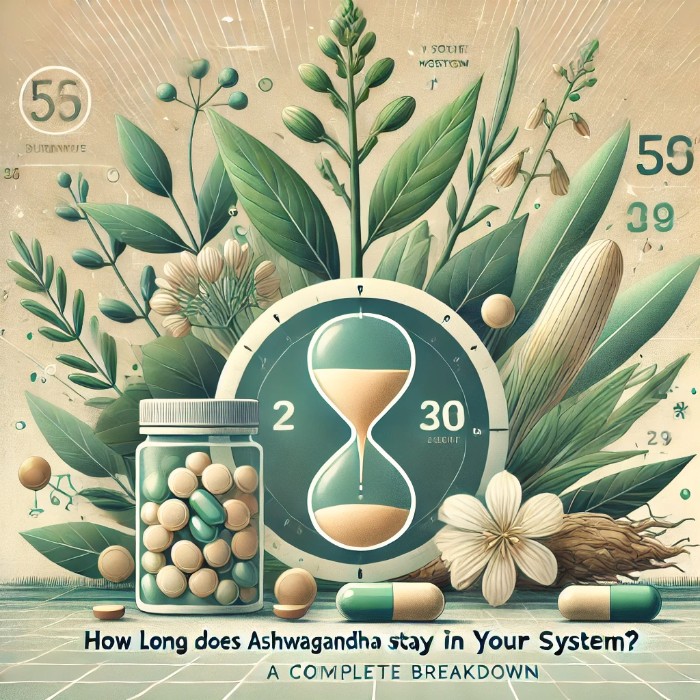Does Creatine Cause Constipation?
Creatine is one of the most popular supplements in the fitness world, well-known for enhancing strength, improving athletic performance, and supporting muscle growth. Whether you’re an athlete, a weekend warrior, or just someone looking to get the most out of your workouts, creatine has probably crossed your radar. But if you’re like me, you might have heard or even experienced some unexpected side effects, like constipation. It’s one of those less glamorous topics, but hey, it’s an important one. So, does creatine cause constipation? Let’s dive into the nitty-gritty.
The Link Between Creatine and Digestive Health:
Instead of focusing on how creatine works in the muscles, let’s focus on how it interacts with your digestive system. Creatine, while primarily known for its benefits in muscle recovery and performance, also impacts your body’s water balance and gastrointestinal function. This can directly influence your digestive tract and, yes, even your ability to poop comfortably.
When I first started taking creatine, I didn’t expect it to affect my digestion. However, I quickly realized that any supplement altering the body’s hydration levels can have a ripple effect on gut health. Creatine pulls water into the muscles to aid in energy production, which can lead to less water in the intestines. This dehydration can slow down bowel movements, leading to constipation.
Moreover, creatine can sometimes cause bloating or gastrointestinal discomfort, especially if taken in large doses. The digestive system thrives on balance, and any significant change in hydration or nutrient intake can throw things off. So, if your gut feels out of sync after starting creatine, it’s not just in your head there’s a real biological reason behind it.
Can Creatine Cause Constipation?
Yes, creatine can cause constipation in some individuals, though it’s not a common side effect. I noticed this myself when I first started supplementing. This reaction often depends on how your body responds to the supplement, your hydration levels, and how much creatine you’re taking.
Some people might notice changes in their digestive regularity within a few days of starting creatine, while others could go weeks without issues. It’s not just about the supplement itself but also how it interacts with your unique digestive system. Factors like metabolism, activity level, and even stress can play a role in how creatine affects your gut.
Why Might Creatine Cause Constipation?
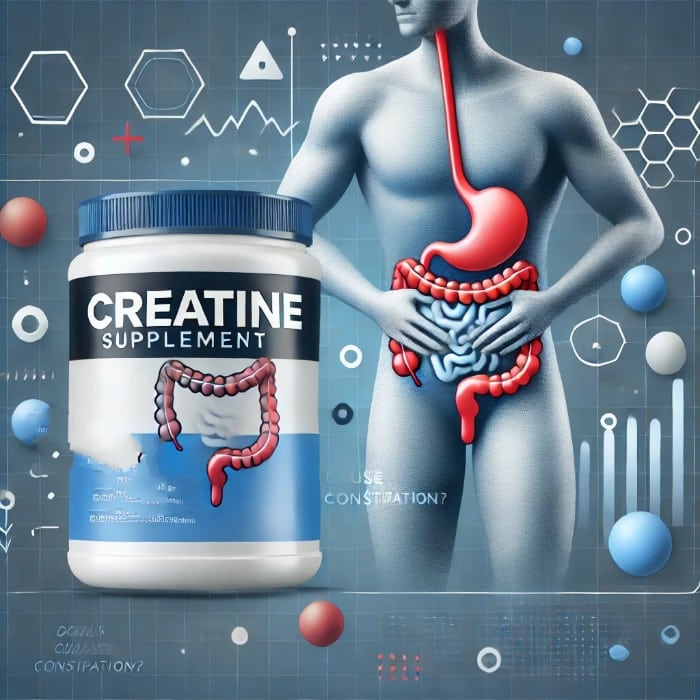
Creatine’s potential to cause constipation boils down to a few key factors, all linked to how it affects your body’s hydration, digestion, and overall balance. Here are the main reasons why creatine might leave you feeling a bit backed up:
- Dehydration: Creatine works by drawing water into your muscles to support energy production, which is great for performance but can leave less water available for other bodily functions, like digestion. Think of your digestive system like a water slide: without enough water, things slow down. This dehydration can make stools harder to pass.
- High Dosage: If you’re taking more creatine than your body can comfortably handle, especially during the “loading phase” (when some people take up to 20 grams a day), it can overwhelm your digestive system. I learned this the hard way when I thought more creatine would mean faster gains. Spoiler alert: it just meant more bathroom struggles. Reducing the recommended maintenance dose (3-5 grams per day) made a noticeable difference.
- Individual Sensitivity: Everyone’s digestive system is unique. Some people have a gut that handles creatine like a champ, while others experience digestive discomfort even at lower doses. Factors like your metabolism, digestive health, and even genetics can play a role in how your body reacts.
- Dietary Habits: Your diet plays a huge role in how your body handles supplements. If you’re not getting enough fiber from fruits, vegetables, and whole grains, creatine’s dehydrating effects can hit even harder. Fiber acts like a sponge, holding water in your stool to keep things moving smoothly. Without enough fiber, combined with creatine’s water-drawing effects, constipation can sneak up on you.
- Gut Microbiome Changes: Emerging research suggests that supplements, including creatine, might influence your gut bacteria. While this area is still being explored, any shift in the gut microbiome can affect digestion. A healthy gut flora helps regulate bowel movements, so if creatine throws things off balance, it might lead to irregularity.
- Inadequate Hydration Practices: It’s not just about drinking more water, it’s about drinking water consistently. I used to chug a liter after my workout and call it a day, but staying hydrated throughout the day is key. Your body needs a steady supply of fluids to manage creatine effectively.
- Sedentary Lifestyle: Believe it or not, your activity level matters. While creatine is often associated with intense training, some people take it even when they’re not as active. A sedentary lifestyle can slow down digestion, and when combined with creatine, it might increase the chances of constipation.
Understanding these factors can help you manage or even prevent constipation while using creatine. The good news? With a few adjustments to your routine, most of these issues can be resolved quickly and easily.
Personal Experience: What I Learned
When I first noticed digestive changes after starting creatine, I was puzzled. I didn’t immediately connect the dots because I assumed creatine only affected muscles. However after adjusting my water intake, reducing my dose slightly, and adding more fiber to my diet, things improved dramatically.
Interestingly, it’s not just about water and fiber. Stress and sleep also play roles in digestion. When I’m stressed or sleep-deprived, I notice that my digestion slows down, and creatine seems to amplify that effect. So, holistic health practices can also support better digestive health when supplementing.
When to See a Doctor
While mild constipation from creatine can often be managed with simple lifestyle changes, there are times when it’s important to seek medical advice. Ignoring severe symptoms can lead to complications, so don’t hesitate to consult a healthcare professional if you experience any of the following:
- No Bowel Movement for More Than a Week: This could indicate a serious blockage or underlying issue that requires medical attention.
- Severe Abdominal Pain or Bloating: Intense pain, especially if it’s sudden or worsening, can be a sign of an obstruction or other gastrointestinal emergency.
- Blood in Your Stool: This is never normal and should be evaluated promptly. It could be a sign of hemorrhoids, but it might also indicate something more serious like a gastrointestinal bleed.
- Unintended Weight Loss: Losing weight without trying, especially when paired with digestive symptoms, can signal an underlying condition that needs to be addressed.
- Vomiting or Inability to Keep Fluids Down: This can lead to dehydration and electrolyte imbalances, which are dangerous if left untreated.
If you’re unsure whether your symptoms are serious, it’s always better to err on the side of caution. A quick check-up can provide peace of mind and ensure you’re not dealing with something more severe.
Other Side Effects to Watch Out For
While constipation can be an issue, it’s not the only potential side effect of creatine. Some people report:
- Bloating: Due to water retention, bloating can make you feel puffy or uncomfortable. This is usually more noticeable during the initial loading phase when your body is adjusting to higher creatine levels.
- Stomach Cramps: Often related to dehydration or high doses, stomach cramps can feel sharp or achy. Drinking enough water and splitting your dose throughout the day can help alleviate this discomfort.
- Diarrhea: In cases where the digestive system can’t handle the supplement load, diarrhea may occur. This is more common if creatine isn’t fully dissolved in liquid or if taken in excessive amounts.
- Nausea: Some individuals may experience nausea, especially if they take creatine on an empty stomach. Taking it with a meal can often help reduce this feeling.
- Weight Gain: This isn’t fat gain but rather water retention in the muscles, which can cause a noticeable increase on the scale. While this is expected, it can feel unsettling if you’re not prepared for it.
- Dizziness or Lightheadedness: Rare but possible, especially if dehydration occurs. Staying well-hydrated and ensuring you’re getting enough electrolytes can prevent this.
It’s important to note that these side effects vary widely from person to person. Many people, including myself, experience no side effects at all once they find the right dosage and routine.
Final Thoughts
So, does creatine cause constipation? It can, but it’s not a universal experience. Staying hydrated, adjusting your dosage, eating a fiber-rich diet, and listening to your body can make a big difference. Personally, once I tweaked my creatine routine, I found that the benefits far outweighed any temporary discomfort. And yes, I learned the hard way that not drinking enough water can seriously mess with your ability to poop comfortably.
Remember, supplements are just one piece of the puzzle. A balanced diet, regular exercise, and good hydration habits are key to both athletic performance and digestive health. If you’re considering creatine and worried about side effects, start slow, monitor how you feel, and don’t hesitate to reach out to a healthcare professional if you have concerns.
